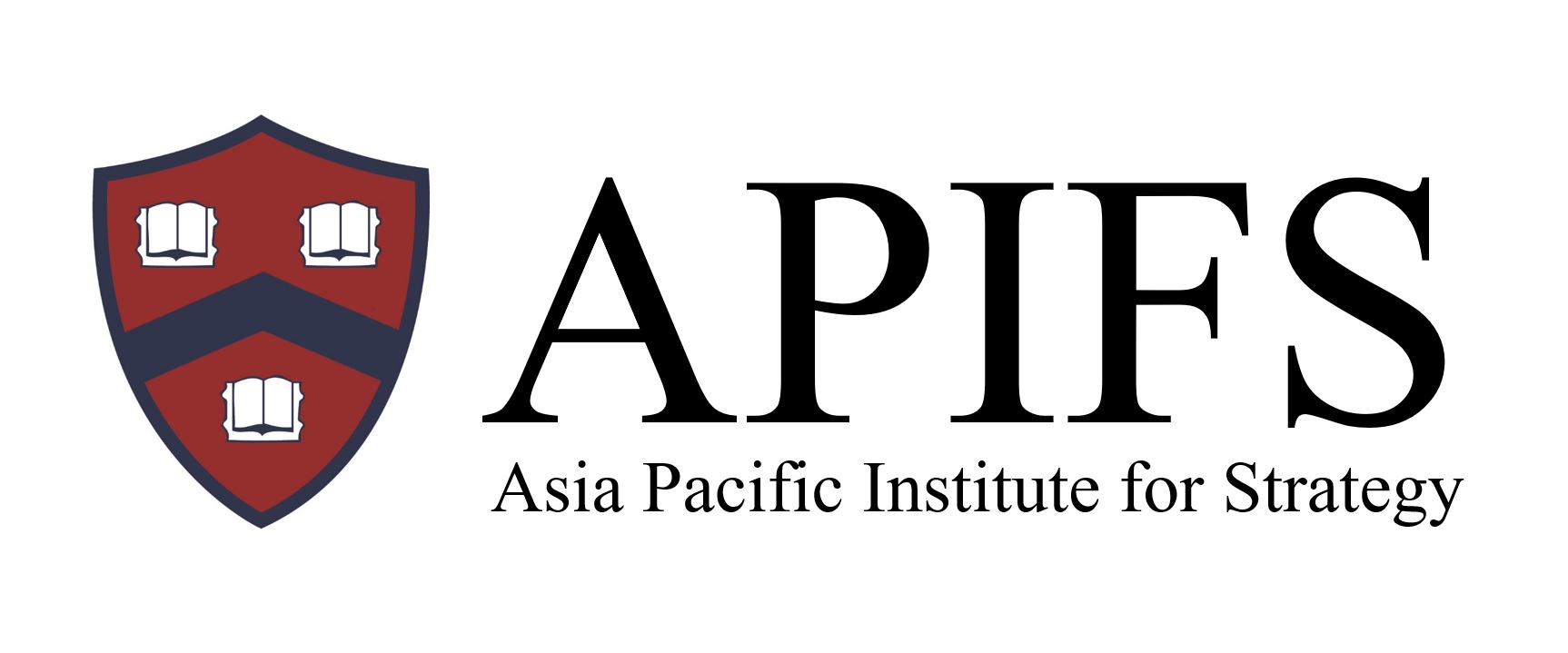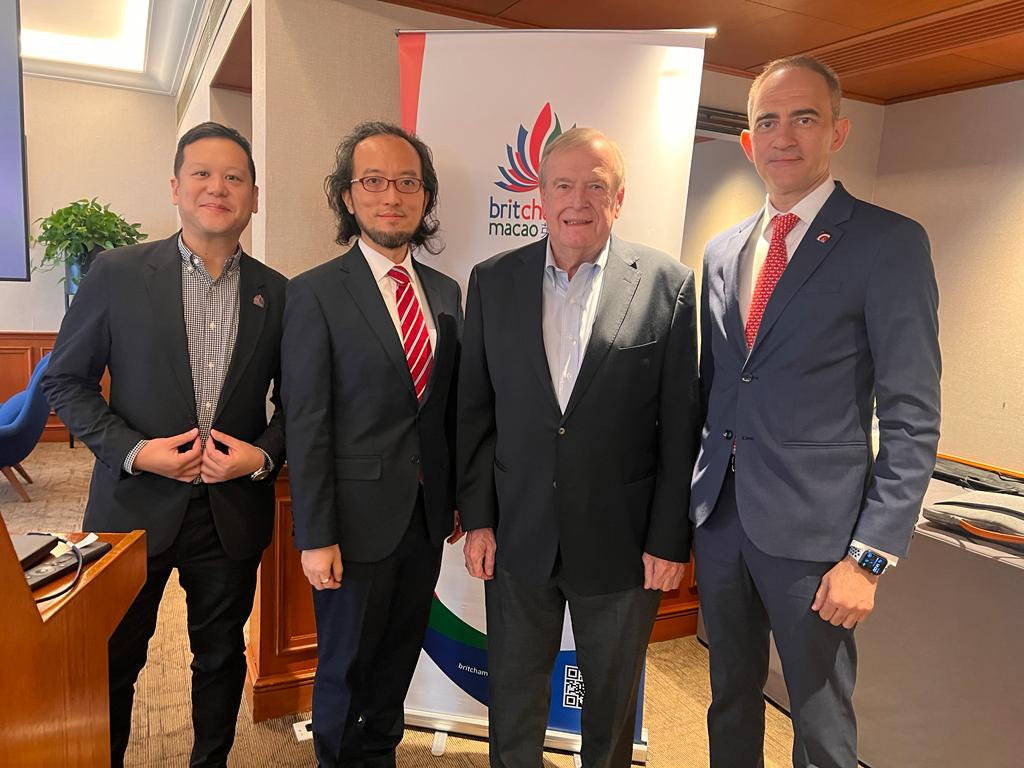
Evaluating the Performance of Artificial Intelligence in Generating Business-Related Content: A Workshop with the British Chamber of Commerce Macau
Abstract
This research report presents the results of a workshop conducted by the Asia Pacific Institute for Strategy (APIFS) in collaboration with the British Chamber of Commerce Macau on October 18, 2023. The workshop aimed to assess the performance of artificial intelligence (A.I.) in generating business-related content. Dr. Mark Lee delivered a lecture on A.I. and conducted a series of A.I. experiments. Subsequently, 24 executives were surveyed on their perceptions of A.I.'s ability to generate business-related content, providing scores on a scale of 1 to 10. The findings indicate that while A.I. can produce acceptable quality content, further enhancement by humans is necessary, emphasizing the importance of human-A.I. collaboration in intelligent work.
Introduction
Artificial intelligence (A.I.) has garnered significant attention in recent years for its potential to revolutionize various industries, including business. One of the key applications of A.I. is the generation of business-related content, which can range from reports and presentations to marketing materials and analytical insights. Understanding how A.I. is perceived in its ability to perform such tasks is critical for businesses seeking to leverage this technology effectively. This research report presents the outcomes of a workshop organized by APIFS in partnership with the British Chamber of Commerce Macau, which sought to evaluate A.I.'s performance in generating business-related content.
Methodology
Participants
The workshop included 24 executives from diverse business backgrounds.
Procedure
- Lecture and Experiments: The workshop commenced with a lecture by Dr. Mark Lee, providing an overview of A.I. and its potential applications. Following the lecture, a series of A.I. experiments were conducted to showcase its content generation capabilities.
- Evaluation Question: After the experiments, participants were presented with the following question: "How many scores will you give to the A.I.'s performance on generating business-related contents (1-10)? (10 means OK, 1 means not OK)."
- Data Collection: Participants anonymously provided their scores, and the results were recorded.
Results
The following table summarizes the participants' scores:
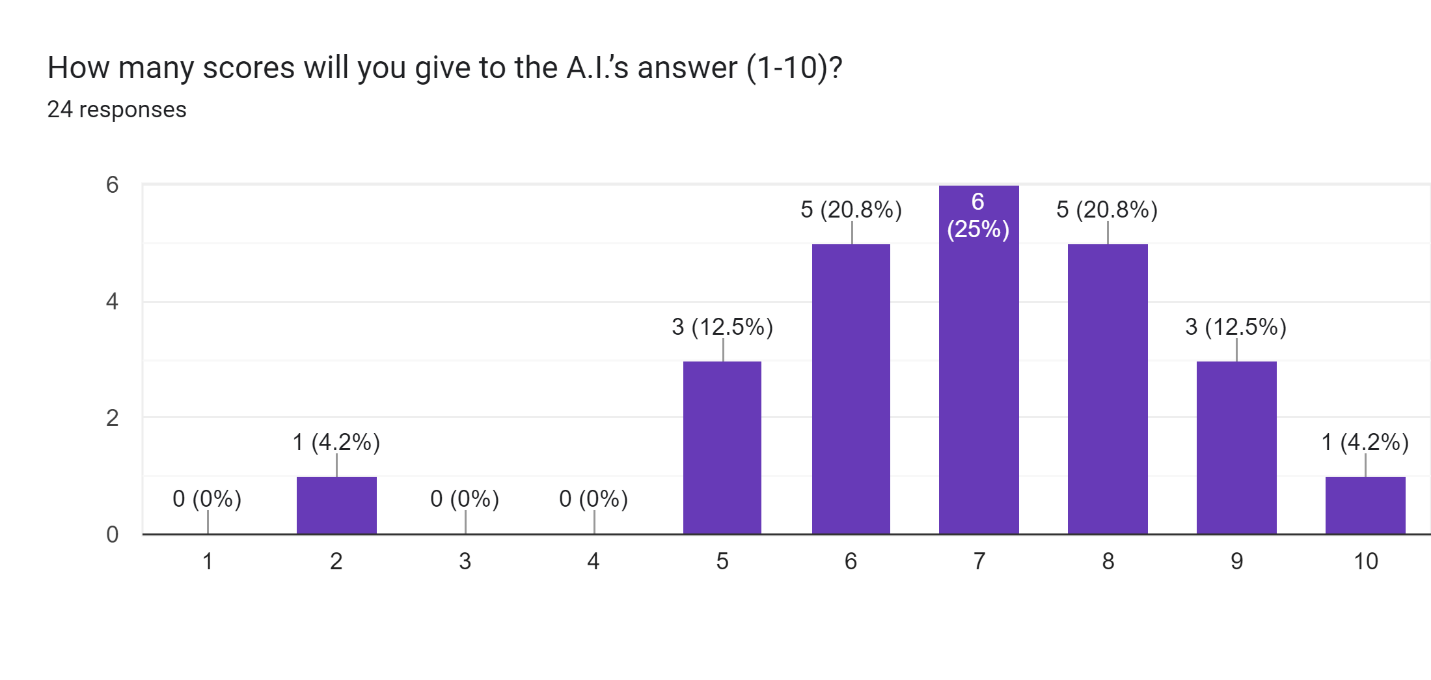
It is evident that the majority of participants (45.8%) rated A.I.'s performance in generating business-related content in the range of 7 to 8, signifying an acceptable quality. A smaller percentage (16.7%) rated it even higher at 9, while only 4.2% rated it as a perfect 10. Interestingly, 4.2% of participants gave a score of 2, indicating a subpar performance. None of the participants rated A.I.'s performance as 1, 3, or 4.
Discussion
The findings from this workshop suggest that A.I. can provide content of acceptable quality for business-related purposes, with an average score falling in the range of 7 to 8. This indicates that A.I. is capable of assisting in content generation tasks, but it may not consistently deliver exceptional or "WOW" results (9 or 10). The relatively low percentage of participants rating A.I. at the highest score suggests that there is room for improvement in A.I.'s content generation capabilities.
Implications
The implications of these findings are twofold. First, they underscore the need for human involvement in content generation tasks that require exceptional quality or creativity. A.I. can serve as a valuable tool for automating routine tasks and providing a foundation, but human expertise is still essential for refining and enhancing the final output. Second, the results indicate that A.I. can expedite solution design and increase productivity for businesses, as noted by most of the executives. This suggests that A.I. can play a pivotal role in kick-starting various aspects of business operations.
Strategy
The workshop results signal the emergence of a new era of collaboration between humans and machines. Rather than replacing human workers, A.I. can be seen as a complement that accelerates and facilitates certain tasks. Organizations should strategically integrate A.I. into their workflows to capitalize on its strengths in automating routine and data-intensive activities while preserving human creativity and judgment for tasks that demand exceptional quality or innovation.
Conclusion
The workshop conducted by APIFS in collaboration with the British Chamber of Commerce Macau on October 18, 2023, provided valuable insights into the performance of A.I. in generating business-related content. While A.I. can deliver content of acceptable quality, it may not consistently produce exceptional results. This underscores the importance of human-A.I. collaboration in intelligent work. Organizations should embrace A.I. as a tool to enhance productivity and streamline processes, recognizing that human expertise remains essential for tasks demanding exceptional quality and creativity. The results of this workshop signal a promising era of cooperation between humans and machines in the business domain.
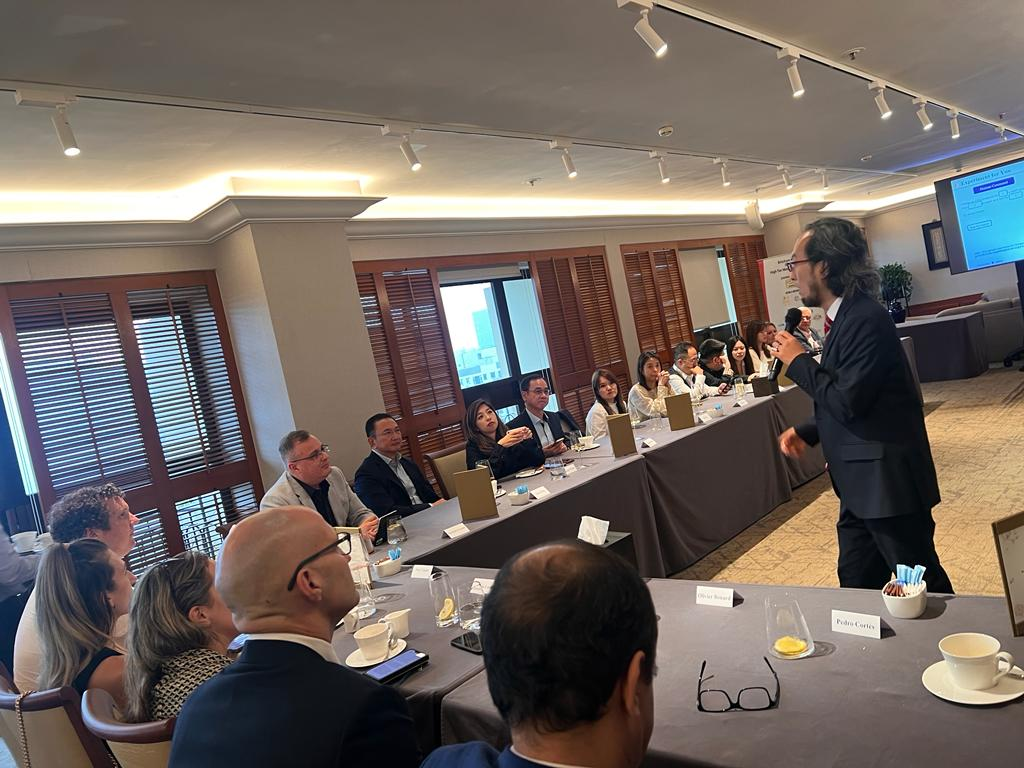 | 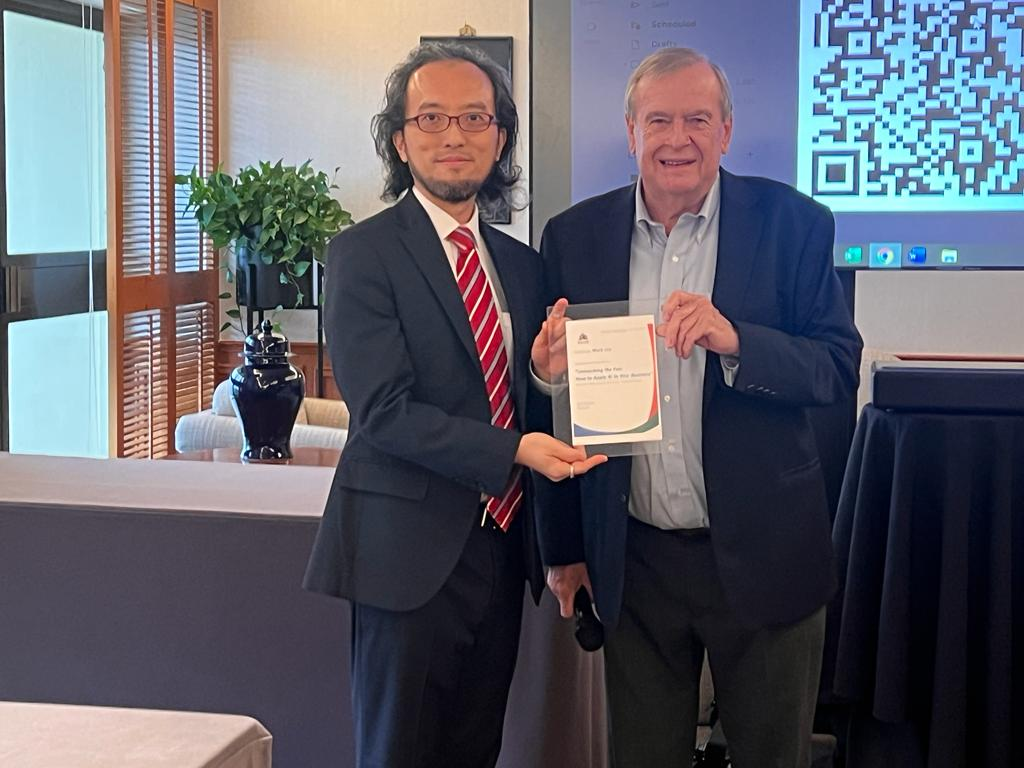 |
|
Related Articles:
Don’t over rely on AI, expert warns BritCham membersAdvisory Report: Strategic Planning in Light of Changing Geopolitical Dynamics -For CEOs in Singapor
Announcement: Recap of the "Strategic Planning for 2024 Dinner"
APIFS Successfully Hosts Exclusive Director Roundtable Focused on Strategic Planning for 2024
Report on Director Roundtable: "Strategic Planning for 2024"
[Asia CEO Forum] A.I. Leadership at the Majestic Hotel in Kuala Lumpur, Malaysia
[Youth I.D.E.A.S. ] 「Economic Development 」Research Series – Tapping into the Economic Opportunities
[Takungpao] Hong Kong Intelligent Manufacturing: Make good use of the advantages of GBA to help
[GBA Strategy] How can companies in the Bay Area and Mainland China leverage Hong Kong "Going Abroad
[HKAS] Hong Kong Apparel Society: 20th Anniversary & Inauguration Ceremony & Business Strategy Award
[Interview with Shih Wing Ching] Challenges and opportunities for Hong Kong companies in High-tech
[China Daily Hong Kong] The shopping festival serves as a touchstone
[GBA Strategy] How can companies in the Bay Area and Mainland China leverage Hong Kong "Going Abroad
[Change Management] What can we do to face the challenges of the New Normal?
[Greater Bay Area] Industry Clusters for Global Innovation
[CEO Coaching]BEA Interview: Development Opportunities for Hong Kong Banking Industry
[CEO Coaching]Ericsson (HK) Limited Interview:Would Hong Kong lose its competitive edge in 5G era?
Australia: +61 3 9015 4991
Singapore: +65 6850 5067
Hong Kong: +852 3970 1828
Email: cs@apifs.net
Asia Pacific Institute for Strategy (C) 2026
